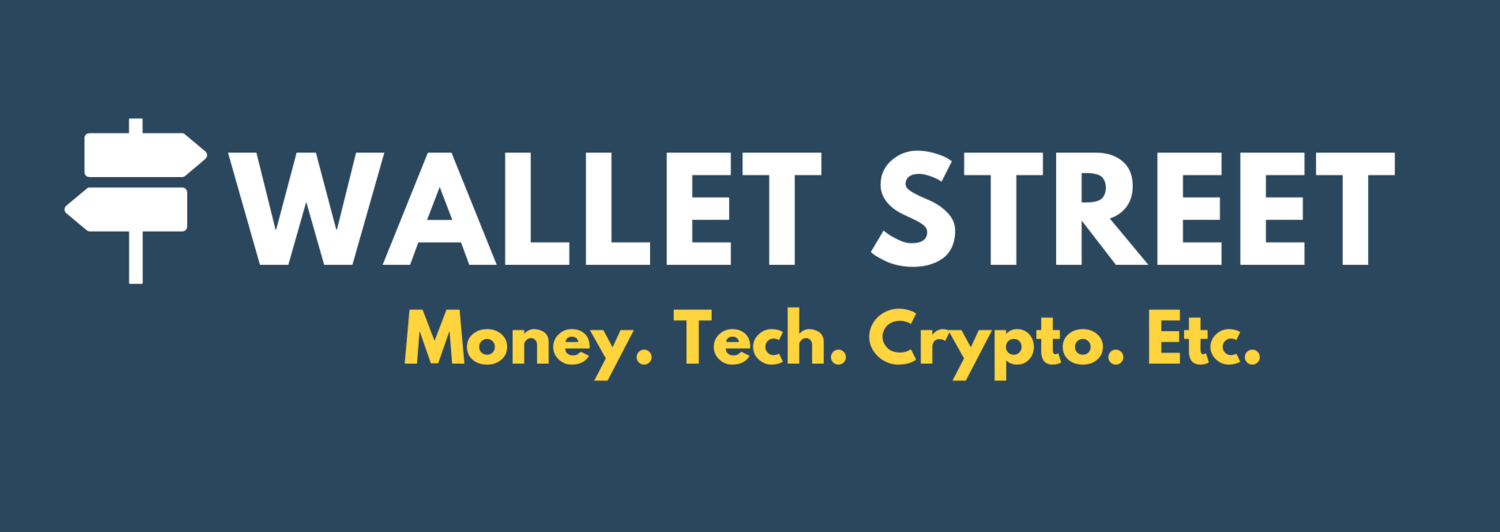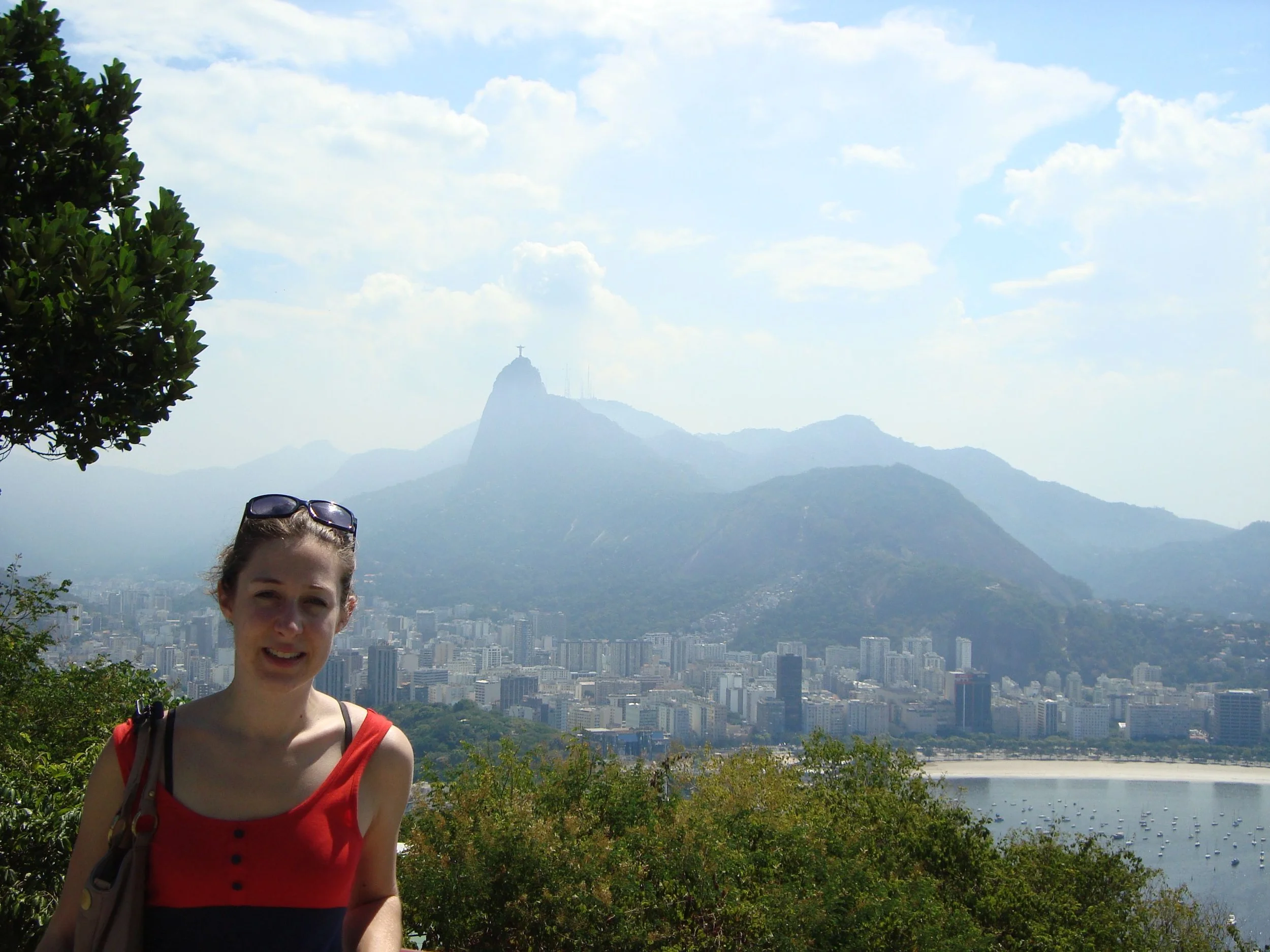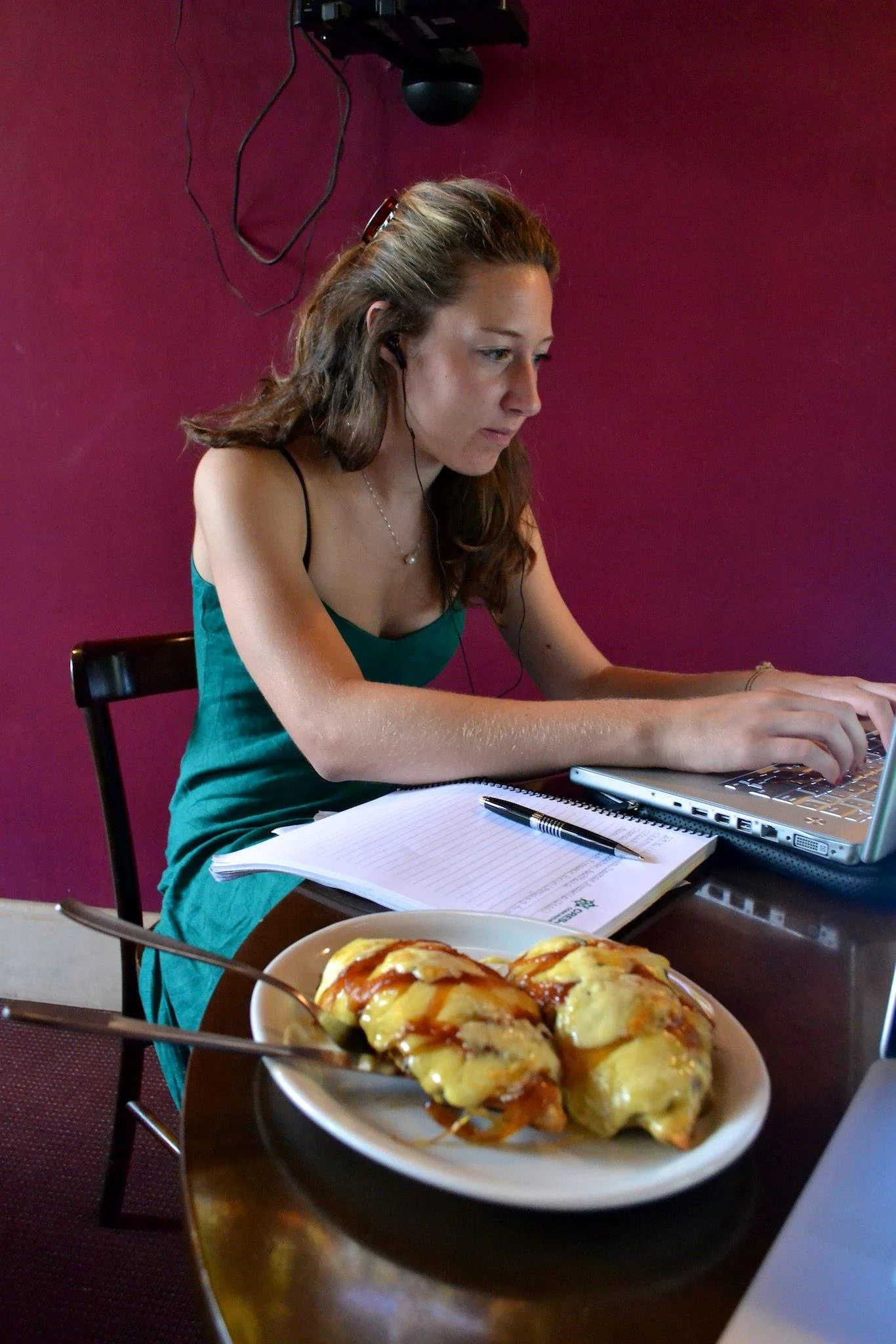03/02/2022: Brazil, 10 years in my rearview mirror
By Charlotte Guy
Ten years ago yesterday (well, technically it was February 29, 2012, but 2022 isn’t a leap year, so I’m counting March 1) I landed in Brazil for the first time. I had packed haphazardly at the last minute the night before; I didn’t even think to bring some cash with me in case my debit card didn’t work. (I remember my mom distressingly lecturing me about how this was not a smart way to travel to a new place...) I was so giddy with excitement and hopped up on adrenaline about starting my Fulbright grant to research the impact of microfinance in Brazil that I wasn’t thinking very clearly… up until the moment the plane touched down and I thought “WTF am I doing here?”
I didn’t know anyone and had a choppy handle on the language. I had emailed a few random contacts of contacts to get some sort of guidance on what to do in São Paulo and where to stay, but that was the extent of it.
I had expected the Fulbright to be super structured. But for the first time in my life, no one told me what to do. The committee sent the stipend money, did a quick few day orientation, and that was basically it. There were no teachers or bosses telling me what to do or telling me who to reach out to and when. It was up to me to create my own connections to local institutions and to convince them to let me interview people. As someone who was used to following directions and getting satisfaction from someone else giving me an A on a test, it was both thrilling and utterly overwhelming.
I learned a lot about myself. For example, I found out that I don’t do well with a lot of unstructured time. Now I can reflect back on what a big mental health battle it was to create structure in my schedule—grabbing coffee with literally anyone who would say yes to me, visiting professors who did any type of work or research related to finance, and strategically studying at a table in the local university’s library to try to make friends with people who sat nearby.
After a couple of days of trying to figure out where I would actually live, I found a woman who was looking for a roommate. Honestly, I don’t know if either of us remember how the initial connection was made, but she became my first Brazilian friend. She welcomed me with open arms and immediately enveloped me into her circle of friends. She took me to family churrascos, invited me to late nights out, watched Netflix with me, and introduced me to 3 Corações (which I just found out can be ordered on Amazon so I will immediately be buying some). We fumbled through conversations—me struggling through my Portuguese, her trying to practice her English.
Slowly I started to make more friends and build a community. The great part about being in Brazil was that Brazilians are so friendly. There is a joie de vivre that I have never ever found anywhere else. It is exhilarating to be around.
Even though the other Fulbrighters and I were dispersed across different parts of the country, we started to form friendships with one another. I quickly realized that most of them were already well connected and familiar with the country. Many of them were using the Fulbright research grant to do their masters thesis, PhD dissertation research, or taking a gap year during medical school. I felt like a fraud and so uneducated. I was just a girl who had a dream to go to Brazil, learn Portuguese, and was interested in microfinance because of a class I took in undergrad.
But I was determined to make the most of it and hustled as much as I could. I attended conferences on financial inclusion and mobile payments. I spoke with microfinance borrowers and lenders. I traveled all around the country. I attended parties in the wealthiest neighborhoods of São Paulo and met locals in the favelas of Fortaleza. I’ll never forget interviewing one woman who was trying to support her grandkids while her adult daughter lay in the back room, paralyzed by a stray bullet that had struck her head. I was both deeply grateful and guilt-ridden that I had never experienced even 1 millionth of what she had endured.
I’m ashamed to admit it was the first time I was truly exposed to such brutal income inequality. Some friends drove cars with bulletproof glass and other friends took public transportation. I usually did the latter, but I also did a lot of walking. Like a lot a lot. I loved nothing more than wandering through the streets with a map in hand.
This year of freedom and independence came at a price. I was deeply lonely being away from close friends and family. I cried on a busy São Paulo sidewalk when my father called after he had just attended my grandmother’s funeral, who had been slowly and horribly consumed by Alzheimers. I broke up with my first love and boyfriend—the long distance so hard and the temptation of flirty Brazilian men too present. I would be lying if I didn’t say that it has haunted me ever since—a self flagellation for being a young woman in her early 20s who wanted to explore, but had to give up something so special in exchange.
I was also exceptionally fortunate that my mom and a couple dear friends came to visit me. We explored the streets of Rio, jumped off the sand dunes in Jericoacoara, and rode water buffalo in Ilha do Marajó (where I learned to never wear shorts riding an animal…it led to a gross infected leg rash…).
Locals took me to outdoor rodas, hole-in-the-wall restaurants, and nightclubs—all of which played different types of live music--bossa nova, samba, rock, and sertanejo. Live music was everywhere, and it’s one of the things I miss most about not living there.
My other nostalgia is for the fresh juice that is on every street corner for pretty much any type of fruit you can think of and many tropical ones that were new to me. Forget an overpriced Joe and the Juice, I just want a suco de laranja fresh out of one of those industrial orange pressers.
My other alimentary love led to my deep embarrassment of my American accent, or sotaque, that overshadowed my Portuguese. “Pão de quejo” is a fluffy delight of cheese and fresh baked goodness. However, the “ão” sound is hard for non-native Portuguese speakers to replicate, and when you don’t pronounce “pão” correctly, it comes out sounding like “pau”—meaning ‘penis’ or ‘dick.’ I got so made fun of by the employees at deli counters. Even when I tried my hardest it still sounded like I was asking for “dicks of cheese,” so I eventually gave up and just started pointing to what I wanted to order through the display case.
When my grant ended in December of 2012, I flew home, but I was 100% sure at the time that I would move back right away and had applied for multiple jobs to figure out a way to stay. It breaks my heart to say that I have yet to return.
But many things from that year still remain engraved in my mind. My Google settings still default to Portuguese, and I still keep Portuguese as an option in my iPhone texting languages. Even though I don't really use it anymore, it's nice to know it's there.
My more tangible takeaways include learning that I could plop into an unknown situation and figure it out. I learned I could make friends and create a professional network, but that it took time, persistence, and effort. I learned that I don’t do well just staying home, researching online, and typing away at my computer all day; I need to be around other people and have personal interactions to do work effectively. (This is something I forgot at the start of the pandemic and am trying to re-train myself to do.)
Thinking back I’ve also learned to appreciate the joy in the unexpected. When I was worrying about taking a break in my career to do the Fulbright, someone (unfortunately can’t remember who) told me that while a year seemed like an eternity at the time, that there were many years in a career and I would look back and always cherish having had an opportunity to do something completely distinct.
I thought after I’d finished the Fulbright that my career would pick right back up and that in ten years I’d be my own CEO, have kids, and still be super fluent in Portuguese. None of that has happened…at least not yet. :) But so many other wonderful things have turned out even better than I could have predicted.
It’s funny to realize that what started out as an idealistic endeavor to research how microfinance’s impact in Brazil ended up taking me on a multi-year wandering path of working in investment banking (pretty much on the opposite end of the finance spectrum…lol), getting an MBA, and running a newsletter about money & crypto.
Unknowingly at the time, a job I would apply for in São Paulo ended up relocating me to start a new chapter of my life in New York, a dream I had had since watching Keri Russell navigate the city with her enviable hair in the show Felicity. But that’s another story for another time…maybe for the ten year anniversary…
Typing away in a cafe
Disclaimer: All opinions are my own. The content on this site and on the podcast does not constitute financial, legal, accounting, tax, or investment advice.



